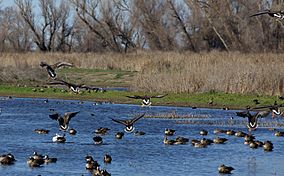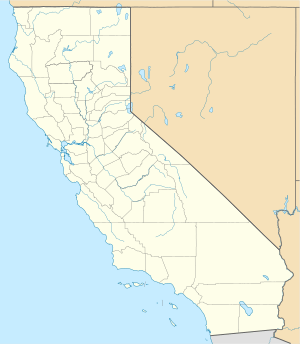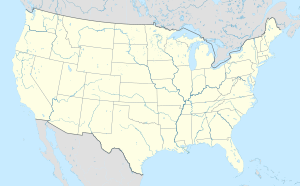Colusa National Wildlife Refuge facts for kids
Quick facts for kids Colusa National Wildlife Refuge |
|
|---|---|
|
IUCN Category IV (Habitat/Species Management Area)
|
|
 |
|
| Location | Colusa County, California, United States |
| Nearest city | Colusa, California |
| Area | 4,507 acres (18.24 km2) |
| Established | 1945 |
| Governing body | U.S. Fish and Wildlife Service |
| Website | Colusa National Wildlife Refuge |
The Colusa National Wildlife Refuge is a special place for wildlife in north-central California. It is one of six refuges that make up the Sacramento National Wildlife Refuge Complex. This refuge is located in Colusa County, about 70 miles (113 km) north of Sacramento.
Contents
What is the Colusa National Wildlife Refuge?
The Colusa National Wildlife Refuge was created in 1945. It covers about 4,507 acres (1,824 hectares) of land. The main goal of the refuge is to protect and provide a safe home for many different kinds of animals and plants.
Habitats at the Refuge
Most of the refuge is made up of wetland areas. These wetlands are carefully managed to create the best environment for birds. There are also areas of grassland and riparian habitats. Riparian areas are found along rivers and streams.
Wildlife at Colusa Refuge
The refuge is a very important stop for birds, especially during winter.
Birds and Waterfowl
Each winter, more than 200,000 ducks and 50,000 geese come to the Colusa National Wildlife Refuge. These birds travel long distances and need safe places to rest and find food. The managed wetlands provide perfect spots for them.
Endangered Species
The refuge is also home to some rare and endangered species. These are plants and animals that are at risk of disappearing forever.
- Palmate-bracted bird's beak: This is an endangered plant that grows in the refuge's grasslands.
- Giant garter snake: This snake is a threatened species, meaning it could become endangered soon. The refuge helps protect its home.
Visiting the Refuge
Many people visit the Colusa National Wildlife Refuge each year. About 35,000 visitors come to watch wildlife. Others come for activities like hunting waterfowl and pheasant during certain times of the year.
Gallery
 | James B. Knighten |
 | Azellia White |
 | Willa Brown |




